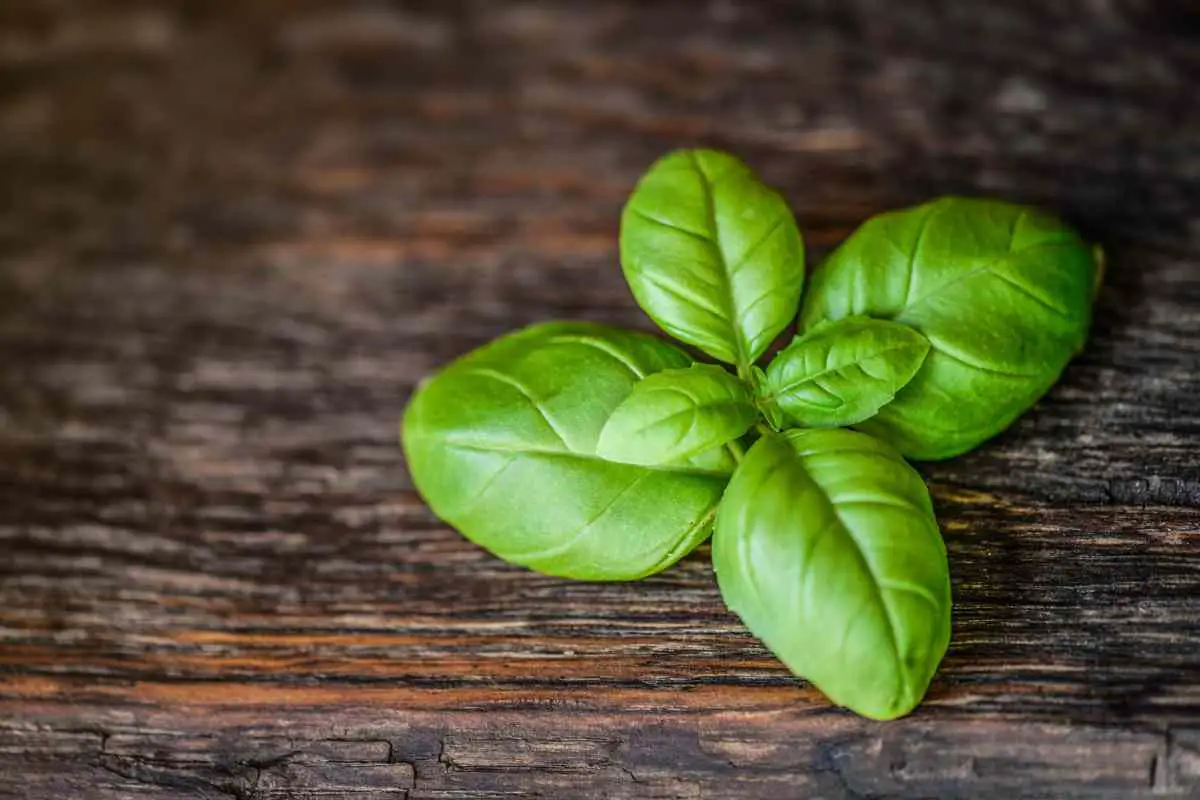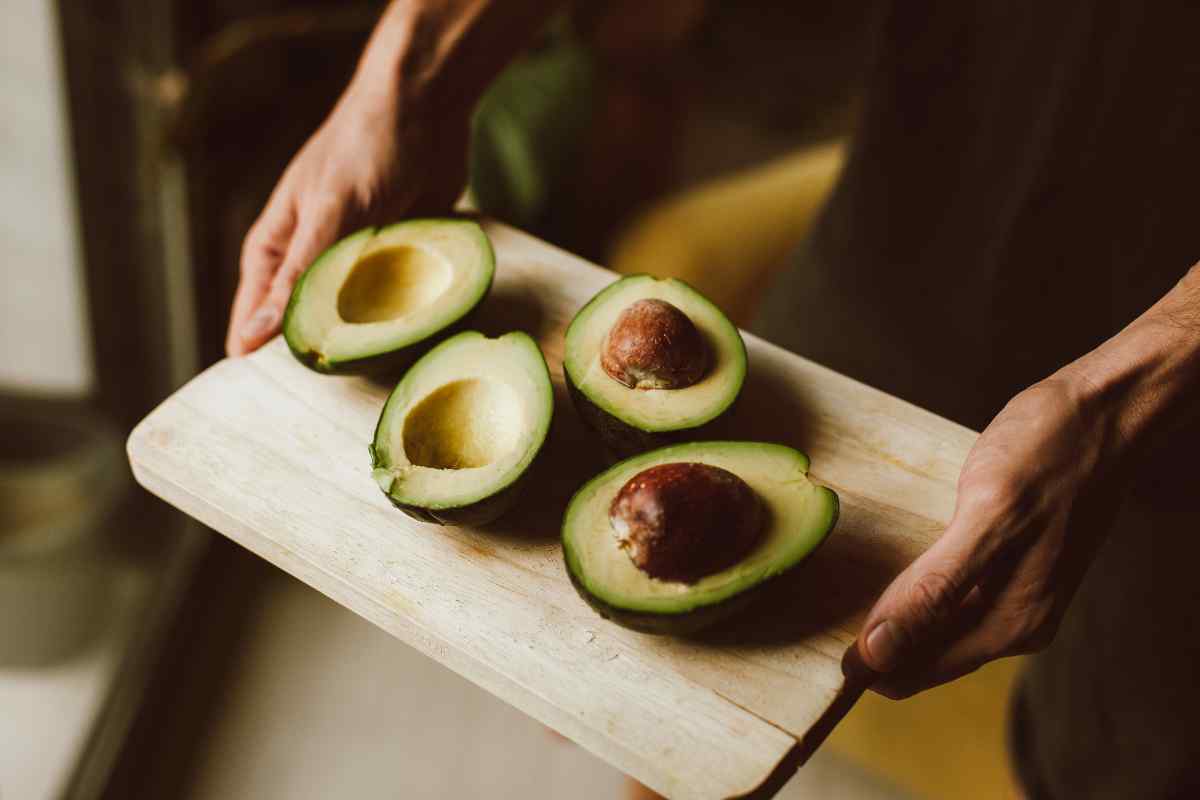Pepper plants are a popular and delicious addition to any garden. Whether grown for their sweet or spicy taste, pepper plants are a staple in many kitchens.
However, these plants are not immune to pests and can suffer from a variety of infestations.
Understanding what garden pests eat pepper plants and how to protect your crops is crucial for a successful harvest.
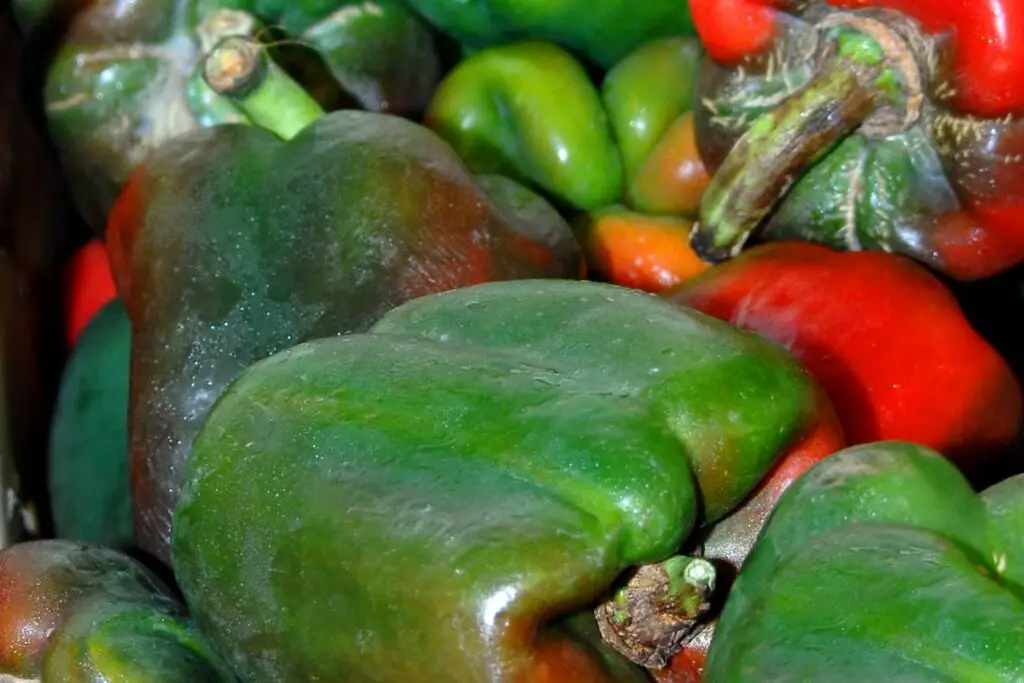
Table of Contents
Identifying Common Pepper Plant Pests
There are several common pests that attack pepper plants. Some of the most common include aphids, spider mites, whiteflies, and cutworms.
Each of these pests has unique characteristics and behaviors that make them easily recognizable.
1. Aphids
Aphids are tiny, pear-shaped insects that feed on the sap of pepper plants. They can cause stunted growth and distorted leaves, as well as secrete a sticky substance called honeydew that attracts ants and promotes the growth of sooty mold.
2. Cutworms
Cutworms are caterpillars that feed on the stems of young pepper plants, often cutting them off at the soil level. They are active at night and hide in the soil during the day.
To control cutworms, place collars made of paper or cardboard around the stems of young pepper plants.
3. Flea Beetles
Flea beetles are small, dark-colored beetles that feed on the leaves of pepper plants, causing small, irregularly shaped holes. To control flea beetles, use row covers or floating row covers to prevent them from accessing the plants.
4. Hornworms
Hornworms are large caterpillars that feed on the foliage of pepper plants. They can defoliate a plant in just a few days. To control hornworms, handpick them from the plants and destroy them.
5. Whiteflies
Whiteflies are tiny, white insects that feed on the sap of pepper plants. They can cause yellowing and wilting of leaves, as well as the secretion of honeydew that attracts ants and promotes the growth of sooty mold.
To control whiteflies, use yellow sticky traps or natural predators such as ladybugs.
Understanding the Damage Caused by Pepper Plant Pests
Pepper plant pests can cause significant damage to your crops. Aphids and whiteflies feed on the sap of plants, which can weaken and stunt their growth. Spider mites can cause yellowing and stunting of leaves, and cutworms can kill entire plants.
In addition to the damage caused to plants, pests can also carry diseases that can infect your crops. This can further reduce the yield and quality of your peppers.
Preventing and Controlling Pepper Plant Pests
Preventing and controlling pepper plant pests is crucial for a successful harvest. There are several strategies that can be used to protect your crops, including:
- Crop rotation: This involves planting peppers in a different location each year to reduce the buildup of pests and diseases.
- Using row covers: Row covers can be used to physically block pests from accessing your plants.
- Introducing beneficial insects: Beneficial insects, such as ladybugs and lacewings, feed on pests and can help control their populations.
- Using insecticidal soap: Insecticidal soap is a safe and effective way to control aphids, spider mites, and whiteflies.
- Using neem oil: Neem oil is a natural pesticide that can be used to control a variety of pests, including aphids and whiteflies.
The Importance of Monitoring Your Pepper Plants
Regular monitoring of your pepper plants is essential for preventing and controlling pests. This involves inspecting your plants regularly for signs of infestation, such as yellowing or stunted growth, and taking action as needed.
What Is The Best Way To Control Spider Mites On Pepper Plants?
The best way to control spider mites on pepper plants is to use insecticidal soap or neem oil. Both of these natural pesticides are safe and effective for controlling spider mites.
Prices pulled from the Amazon Product Advertising API on:
Product prices and availability are accurate as of the date/time indicated and are subject to change. Any price and availability information displayed on [relevant Amazon Site(s), as applicable] at the time of purchase will apply to the purchase of this product.
How Often Should I Inspect My Pepper Plants For Pests?
It is recommended to inspect your pepper plants regularly, at least once a week, for signs of pest infestations.
This allows for early detection and control of pests before they cause significant damage to your crops.
Can Crop Rotation Prevent Pests From Attacking My Pepper Plants?
Yes, crop rotation is an effective way to prevent pests from attacking your pepper plants. By planting peppers in a different location each year, you can reduce the buildup of pests and diseases and protect your crops.
Can Pests Carry Diseases That Can Infect My Pepper Plants?
Yes, pests can carry diseases that can infect your pepper plants. This can further reduce the yield and quality of your peppers, making it important to control pest populations and prevent the spread of diseases.
Conclusion
Pepper plants are a popular and delicious addition to any garden, but they are not immune to pests. Understanding what garden pests eat pepper plants and how to protect your crops is crucial for a successful harvest.
By using strategies such as crop rotation, using row covers, introducing beneficial insects, using insecticidal soap, and using neem oil, you can effectively prevent and control pests and ensure a healthy crop of peppers.
Regular monitoring of your plants is also essential for the early detection and control of pests.
- How to Build a Planter Box for Bamboo: A Step-by-Step Guide
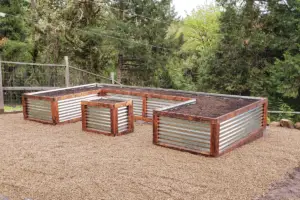
- Can Robotic Lawnmowers Handle Steep Slopes?
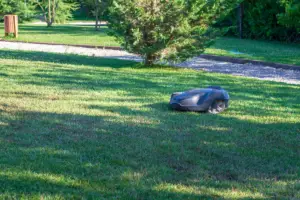
- Do You Need a Specific Lawn for a Robotic Lawnmower? Expert Advice
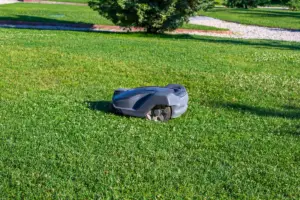
- Are Robotic Lawnmowers Safe for Pets and Children? Safety Features of Robotic Lawnmowers

- Why Use Robotic Lawnmowers? Advantages of Using a Robotic Lawnmower
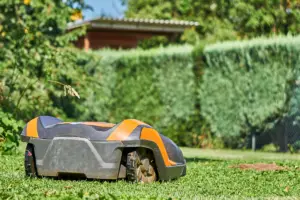
- Is the GARDENA SILENO City 300 Cordless or Corded? A Clear Answer













